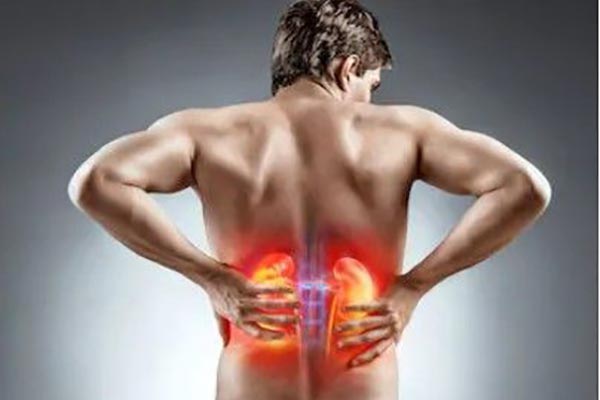The kidneys are two organs located in the upper abdominal cavity, just below the chest, one on each side of the spine.
They play a role in cleaning the blood and help the body filter waste products through the urine. When they are not functioning properly, the whole body suffers.
The kidneys produce hormones, filter blood, absorb minerals, produce urine and maintain a healthy balance between acidity and alkalinity in the body.
Common symptoms that indicate kidney problems
changing the color and quantity of urine;
- dizziness;
- vomiting;
- anemia;
- breathing problems;
- cold sensation;
- fatigue ;
- itching of the skin;
- bad breath.
What causes kidney problems
A number of habits are meant to affect the proper functioning of the body.
1. Drug overdose
Consumption of certain drugs, such as non-steroidal anti-inflammatory drugs that are known to relieve pain, can affect the kidneys, especially if there is already a sensitivity at this level. Therefore, it is important that the recommended dose should never be exceeded.
2. Salt abuse
Diets high in salt mean a high sodium intake in the body. It can increase blood pressure and, in turn, damage the kidneys. Being difficult to remove, the kidneys have to put much more effort into cleansing the body, which can lead to their disease.
3. Consumption of processed foods
Processed foods are important sources of sodium and phosphorus. Some studies have shown that high phosphorus consumption can be harmful to the kidneys and bones.
4. Insufficient water consumption
One of the main functions of the body is to remove metabolic waste from the body. In this way, the number of red blood cells becomes balanced.
But this can only happen in the presence of water because in its absence the kidneys do not work properly. High water consumption also has the role of avoiding the formation of kidney stones.
5. Lack of sleep
Good sleep is very important for the well-being of the body and, implicitly, of the kidneys. The renal function is regulated by the sleep-wake cycle.
During sleep, the kidney cells regenerate, so that they can function properly and at maximum capacity during the active period.
6. Delay urination
Maintaining, for too long, the bladder causes kidney problems. Specifically, kidney injury.
In addition, bacteria in the urine multiply and can cause urinary tract infections or kidney infections. Maintaining urine increases the pressure on the kidneys, which can lead to kidney failure and incontinence.
7. Too much alcohol consumption
Toxins found in alcohol accumulate in the liver, damaging them. But a negative effect also has on the kidneys. Large amounts of alcohol can cause kidney failure or other chronic kidney diseases, warns a nephrologist in Delhi.
8. Lack of magnesium
Magnesium is a very important mineral for the body. It plays an important role in the production of energy, in the synthesis of acids and proteins, relaxes the muscles and regulates the metabolism.
The lack of magnesium leads to the crystallization of calcium in the body, thus favoring the appearance of stones in the kidneys.


